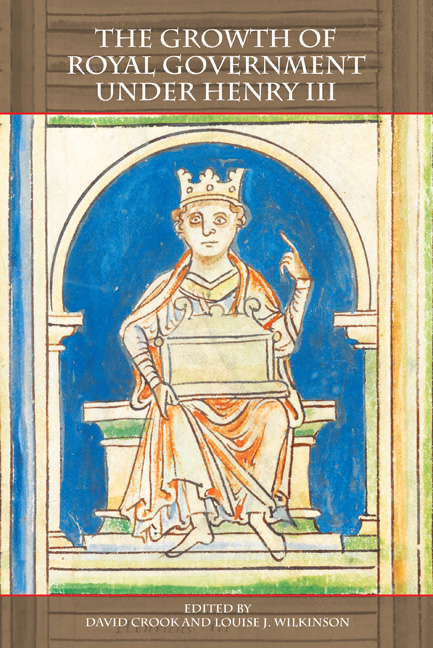7 - Imitation and Independence in Native Welsh Administrative Culture, c. 1180–1280
Published online by Cambridge University Press: 13 April 2021
Summary
Welsh history of the thirteenth century tends to be studied through the prism of the events of 1277 to 1284, the seven years that saw first the emasculation of Wales’ most powerful native principality, Gwynedd, and then its final destruction in the war of 1282–3. The Statute of Wales, sometimes known as the Statute of Rhuddlan, of 1284 set the seal on this process, converting the administration of what was left of native Wales into a simulacrum of English local government. The century – or more – of Welsh history that preceded these events is therefore understood in their light, essentially as a series of processes that led to greater and more rigid English domination of Wales, and finally its conquest. It is not for nothing that Rees Davies's magisterial history of Wales in the central Middle Ages was published under the title Conquest, Coexistence and Change: Wales 1063–1415, nor that the date-frame for Davies's book began in 1063, the year that saw the death of Gruffudd ap Llywelyn, king of much of Wales, during the war with the English. 1063 was also only three years before the Norman Conquest of England and, again, prevailing historiography sees the new Norman rulers of England adopting a decisively different, and certainly more aggressive and interventionist approach, to England's relationship with its Welsh neighbours than had their Anglo-Saxon predecessors. Again, Rees Davies's Ford lectures, published as The First English Empire, began in 1093, the year that Rhys ap Tewdwr, king of Deheubarth, in south-west Wales, was killed by the Normans in Brycheiniog. This sense of the arrival of the Normans marking something new in Anglo-Welsh relations is emphasised by the wistful words of the monk of Strata Florida who, in the late thirteenth century, compiled the version of the Brut y Tywysogion (The Chronicle of the Princes) in Peniarth MS 20: ‘with whom fell the kingdom of the Britons’.
This process of ‘domination and conquest’ can be seen not just in political terms, but also in a wider cultural and administrative frame.
- Type
- Chapter
- Information
- The Growth of Royal Government under Henry III , pp. 104 - 120Publisher: Boydell & BrewerPrint publication year: 2015



